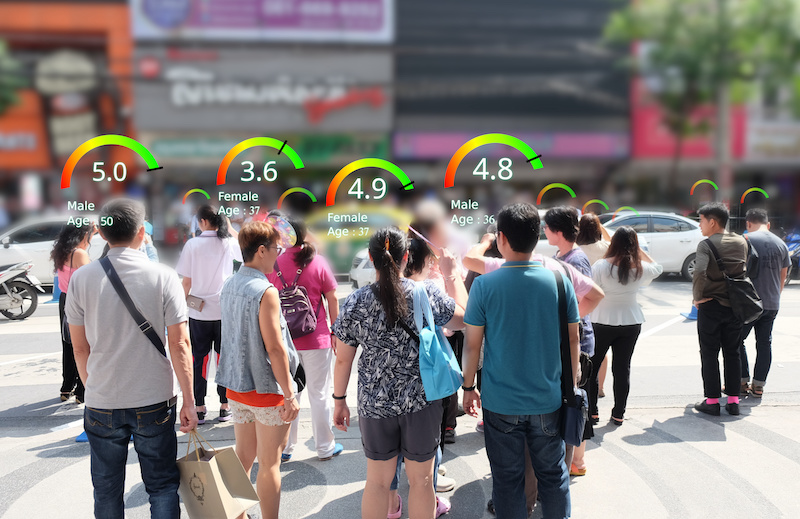
In today’s interconnected world, the concept of social credit scores has gained significant attention and discussion. Social credit scores are a system used by some governments and private entities to assess and evaluate an individual’s or organisation’s behaviour, financial responsibility, and overall trustworthiness within society. This professional discussion aims to provide a comprehensive overview of social credit scores, shedding light on their purpose, implementation, potential benefits, and associated concerns.
How are Social Credit Scores Calculated?
Social credit scores, often referred to as social credit systems, are data-driven mechanisms that assign numerical scores to individuals or entities based on their actions, behaviors, and interactions within a society. These scores are derived from a combination of various data points, including financial transactions, social media activity, legal records, and more. The objective is to create a comprehensive assessment of an individual’s or entity’s reputation and reliability.
The Purpose of Social Credit Scores
-
- Financial Responsibility: One primary objective of social credit scores is to evaluate an individual’s financial habits, including credit usage, debt management, and payment history. This information can be valuable for lenders, helping them assess creditworthiness accurately.
- Social Behaviour: Beyond financial aspects, social credit scores take into account an individual’s social behaviour, such as adherence to laws and regulations, ethical conduct, and interactions within the community. This can incentivise responsible citizenship and discourage anti-social behaviour.
- Access to Services: Some governments and institutions may use social credit scores to determine eligibility for various services, including healthcare, education, and employment opportunities. High scores can lead to preferential treatment, while low scores may limit access.
Implementation of Social Credit Scores
-
- Data Collection: Social credit scores rely on extensive data collection through various means, including surveillance, financial records, and online activities. This data is then analyzed to derive a numerical score.
- Scoring Algorithms: Algorithms play a crucial role in determining social credit scores. These algorithms weigh different factors differently, and they can vary between systems. Transparency and fairness in algorithm design are essential to ensure accuracy.
- Score Reporting: Individuals or entities are typically provided with access to their social credit scores, enabling them to monitor their progress and understand the factors influencing their scores.
Potential Benefits
-
- Financial Inclusion: Social credit scores can help extend financial services to individuals who may not have a traditional credit history, promoting financial inclusion.
- Social Responsibility: By incentivizing responsible behavior, social credit scores can contribute to safer and more harmonious societies.
- Resource Allocation: Governments can use social credit data to allocate resources more efficiently, directing services to those who need them most.
Concerns and Criticisms
-
- Privacy: The extensive data collection required for social credit systems raises concerns about personal privacy and surveillance.
- Bias and Discrimination: If not designed and implemented carefully, social credit systems can perpetuate bias and discrimination, disadvantaging certain groups.
- Transparency: Lack of transparency in scoring algorithms and decision-making processes can lead to mistrust and a lack of accountability.
Conclusion
Social credit scores are a complex and evolving concept with potential benefits and challenges. They have the potential to shape behaviours, encourage responsibility, and improve resource allocation, but they also raise significant concerns about privacy, fairness, and transparency. Balancing the advantages and drawbacks of social credit scores requires careful consideration and thoughtful regulation to ensure that they serve society’s best interests while safeguarding individual rights and liberties.
